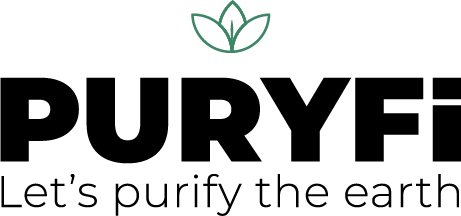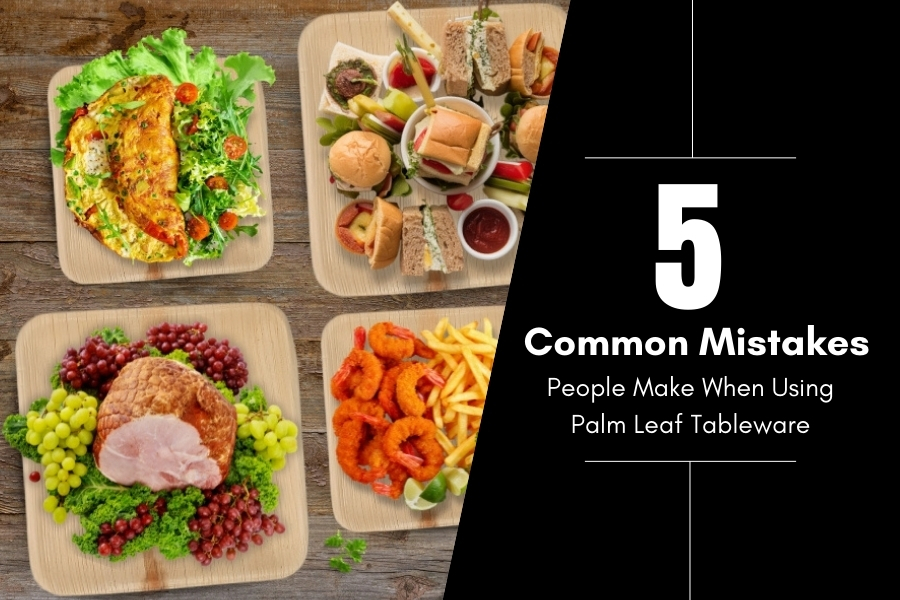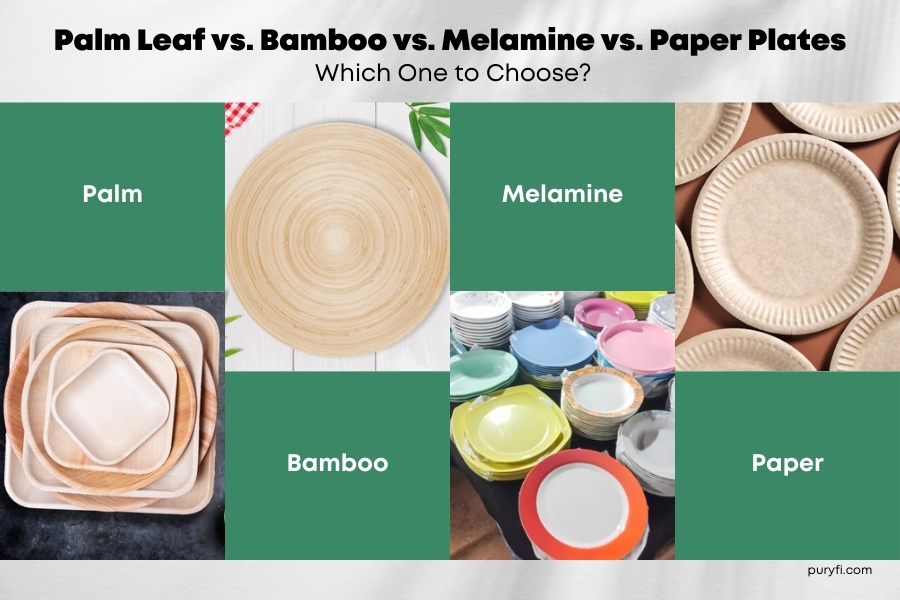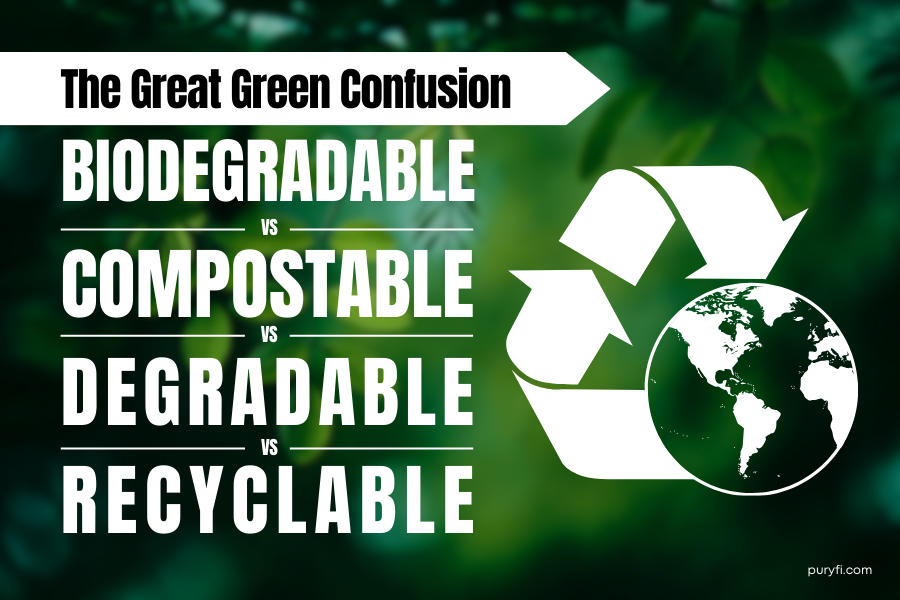Ever Wondered If That “Eco-Friendly” Label Actually Means Something?
We’ve all been there.
You’re at the grocery store, eyeing that “biodegradable” coffee cup or the “compostable” takeout container, feeling like an eco-warrior for choosing the green option. But then, a nagging thought creeps in: Is biodegradable the same as compostable? Can I just throw this in my backyard compost pile? Or should I recycle it? Wait, does ‘degradable’ mean the same thing? If you’ve ever felt personally victimized by confusing eco-labels, don’t worry; you’re not alone!
Understanding the difference between compostable, biodegradable, degradable and recyclable can mean the difference between genuinely helping the environment and unintentionally contributing to landfill waste.
Let’s break it down (pun intended)!
Compostable: The Green Gold Standard
What It Means:
Compostable products are the MVPs of sustainable living. These materials break down into nutrient-rich soil under the right conditions—no toxic residue, no plastic bits, just good old organic matter that enriches the earth. But before you toss your compostable plate into the bushes, know this: Compostable does not mean you can throw it away anywhere.
How It Works:
Composting requires heat, moisture, oxygen, and microorganisms. In industrial composting facilities, this process can take a few months. In home composting, it might take longer, depending on conditions.
Did You Know?
San Francisco has a mandatory composting program, turning food scraps and compostable packaging into nutrient-rich soil instead of sending them to landfills.
The EU has stricter regulations on this. Countries like France and Italy have mandated compostable bags for fresh produce. These must meet EN 13432 standards, ensuring they completely break down within 12 weeks in an industrial composting facility.
So, Can You Just Throw It Away?
No! If you toss a compostable cup in the trash, it’ll likely end up in a landfill, where it won’t break down properly due to a lack of oxygen. The solution? Look for compost collection bins in your city or start your own backyard compost.
Read more on how to make compost at home and its benefits.
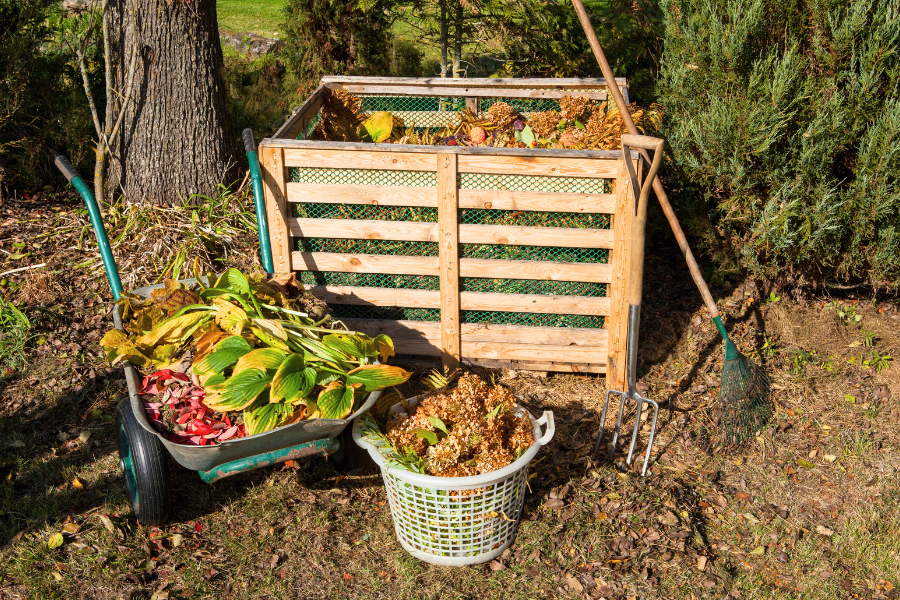
Pro Tip: Compostable ≠ Biodegradable. All compostable items are biodegradable, but not all biodegradable items are compostable.
Biodegradable: Sounds Good, But…
What It Means:
If something is biodegradable, it means it will eventually break down with the help of microorganisms. The problem? There’s no set time frame for how long it will take or what it will turn into.
How It Works:
Biodegradable materials decompose when exposed to bacteria, fungi, and other natural elements. But and this is important as some biodegradable products still leave behind harmful residues (hello, microplastics! Read 10 Alarming Facts About Microplastics).
Did You Know?
Many “biodegradable” plastic bags claim to break down, but in reality, they just turn into tiny plastic fragments (which, surprise! Are still plastic). California has even banned misleading biodegradable plastic claims.
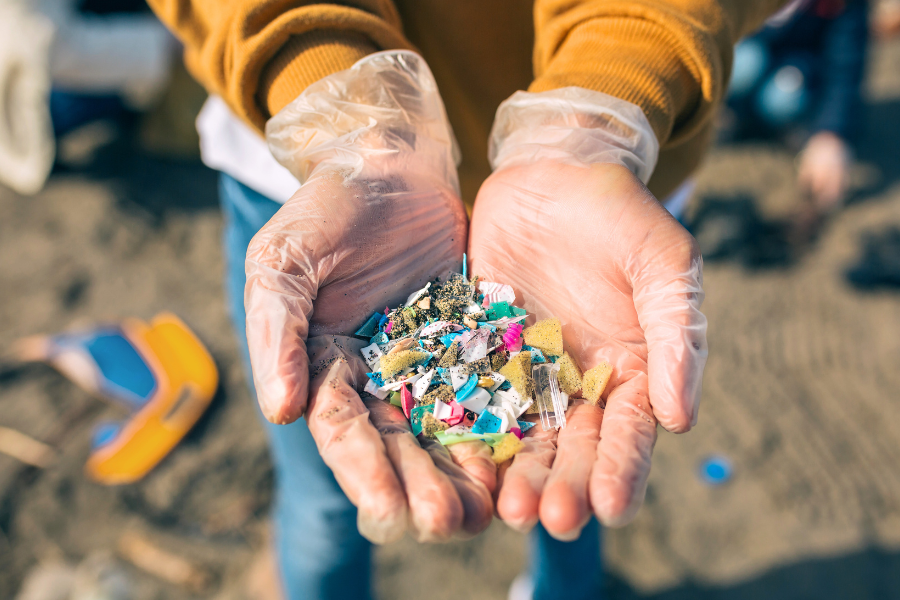
Can You Put Biodegradable Bags in Compost?
Most of the time, no. Many so-called biodegradable plastics require industrial composting, which means they won’t break down in your backyard bin. Always check the label.
Pro Tip: If something says “biodegradable” but doesn’t specify how long it takes to degrade or under what conditions, it’s probably greenwashing.
Degradable: The Wolf in Sheep’s Clothing
What It Means:
Degradable materials don’t biodegrade – they break into smaller pieces over time. If that sounds sketchy, it’s because it is.
How It Works:
Unlike biodegradable items that decompose into natural elements, degradable plastics shatter into smaller plastic particles, adding to the microplastic problem.
Did You Know?
Oxo-degradable plastics (like plastic shopping bags) were marketed as an eco-friendly alternative – until studies found they don’t fully break down and instead pollute oceans and soil. California was the first state to ban single-use plastic bags in 2016, and other states like Hawaii, Oregon, and others have followed suit.
Pro Tip: Avoid anything labeled “degradable plastic.” It’s not eco-friendly, and it’s just another form of plastic pollution.
Recyclable: The Circular Economy Hero (When Done Right)
What It Means:
Recycling keeps materials in circulation, reducing the need for virgin resources. But not everything labeled ‘recyclable’ actually gets recycled.
How It Works:
- Glass, aluminum, and certain plastics (like PET) can be recycled into new products.
- Contaminated recyclables (e.g., greasy pizza boxes) can ruin entire batches, sending everything to a landfill.

Did You Know?
Oregon’s Bottle Bill program incentivizes recycling by offering cash for returning used bottles and cans. Meanwhile, only 5-6% of U.S. plastic waste is recycled (EPA, 2021).
Pro Tip: Check your local recycling guidelines! Just because a product has the recycling symbol doesn’t mean your city recycles it.
Quick Comparison Table: Which Is Best for Green Living?
| Feature | Compostable | Biodegradable | Degradable | Recyclable |
| Breaks Down Completely? | ✅ Yes | ✅ Yes (varies) | ❌ No | ❌ No (but reused) |
| Leaves Microplastics? | ❌ No | ⚠️ Sometimes | ✅ Yes | ❌ No |
| Time to Degrade? | Weeks to months | Months to years | Months to centuries | Indefinite (reused) |
| Needs Special Facilities? | ✅ Often | ⚠️ Sometimes | ❌ No | ✅ Yes |
| Best Option for Sustainability? | ✅ Yes | ⚠️ Sometimes | ❌ No | ✅ Yes (if done correctly) |
Final Thoughts: How to Make the Right Eco-Friendly Choices
So, what’s the takeaway here?
If you want to live a sustainable lifestyle:
✅ Choose compostable whenever possible (like palm leaf tableware!)
✅ Use biodegradable products wisely (but research them first)
✅ Avoid degradable plastics (they’re just pollution in disguise)
✅ Recycle correctly (clean and sort materials properly)
By making small changes in how we consume and dispose of everyday products, we can reduce waste, cut pollution, and make sustainable living easier. After all, the planet deserves better than misleading labels and plastic that sticks around for centuries. And so do we.

